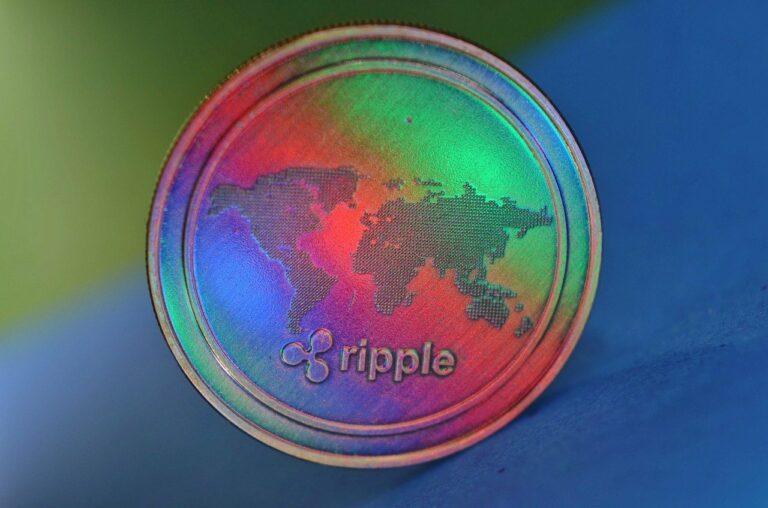Japan’s top securities watchdog, the Financial Services Agency (FSA) has reportedly said it does not consider XRP to be a security, arguing the token does not meet the definition of a security under Japanese law.
According to TheBlock, Japan’s FSA said in an email, before pointing out it “refrains from making comments about other authorities’ response.”
- FSA regards XRP as a cryptocurrency based on definitions of the Payment Services Act
The statement reportedly marks the first time the FSA has directly commented on the legal status of XRP, and comes after the U.S. Securities and Exchange Commission (SEC) sued Ripple and two of its executives alleging that they “raised over $1.3 billion through an unregistered, ongoing digital asset securities offering.”
Ripple’s investor and business partner SBI Holdings has reacted to the lawsuit, saying XRP is not a security in Japan. According to the country’s Payments Services Act, a digital asset is a cryptocurrency – or “virtual currency” – when used as a payment method to an unspecified person, and when it is not denominated in fiat currency.
The United Kingdom’s finance ministry has recently also described in a document XRP as an “exchange token” in an example. The document defined exchanges tokens as tokens primarily used as a means of exchange.
While the FSA’s determination – or that of Her Majesty’s Treasury – doesn’t mean much for Ripple’s battle with the SEC, it reflects how governments around the world have a different approach to regulating cryptoassets.
The SEC’s move has led to a wave of cryptocurrency exchanges delisting XRP, which in turn saw the price of the cryptocurrency plunge. While it has now recovered, exchanges that decided to keep XRP listed like Uphold have seemingly criticized the SEC’s move.
In a message, Uphold pointed out that the SEC’s goal is to protect consumers, and believes it’s hard to see “how a judgment rendering XRP essentially worthless and inflicting billions of dollars of losses on retail investors” would square with that goal. GateHub has also said the move has “potentially catastrophic consequences for individual investors, who did nothing wrong.”
Ripple itself has also argued that the SEC’s lawsuit has hurt “countless innocent XRP retail holders with no connection to Ripple,” and added it “muddied the waters for exchanges, market makers, and traders.” The firm maintains XRP is not a security and has vowed to fight the charges.
Featured image via Pixabay.









